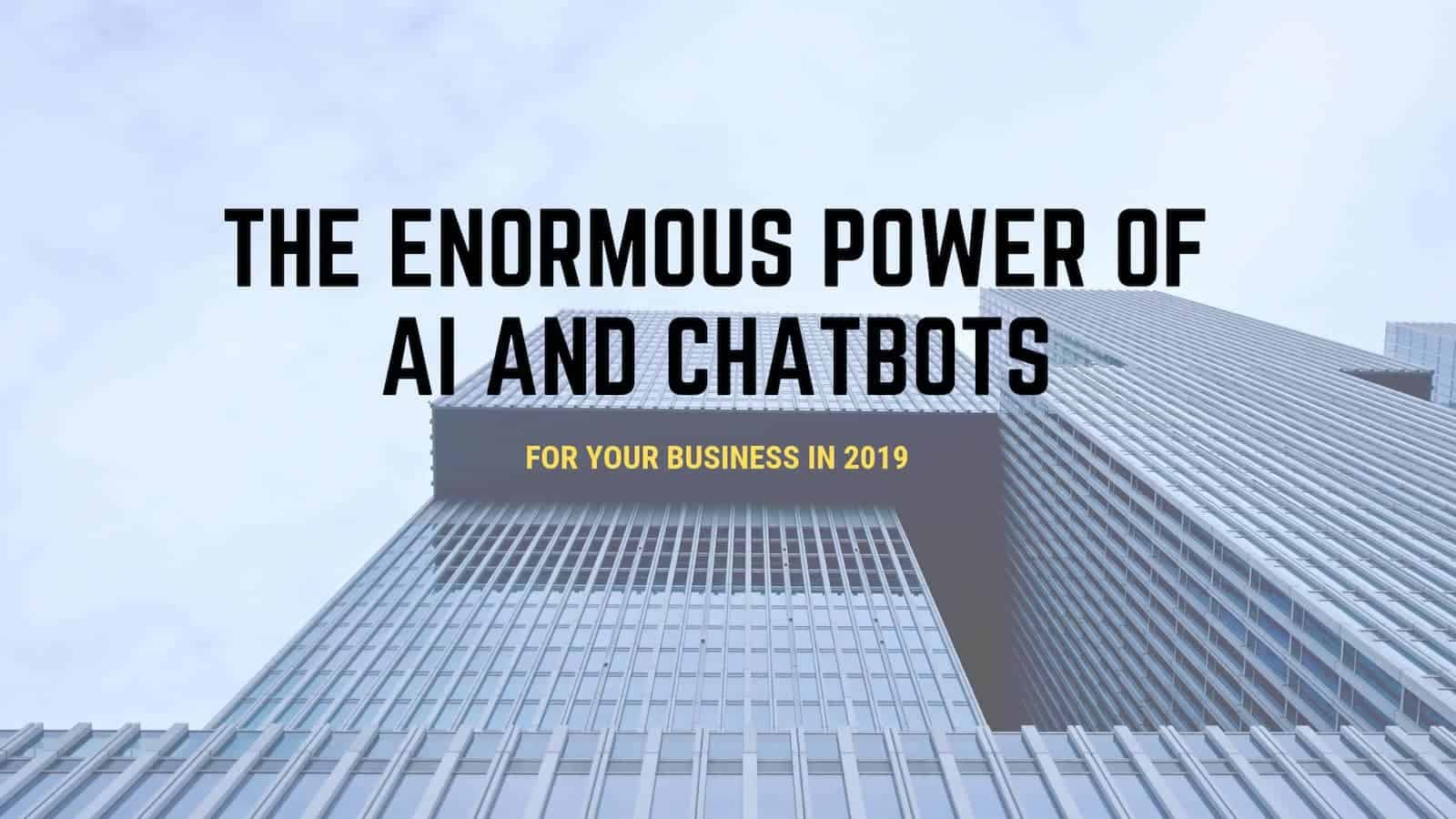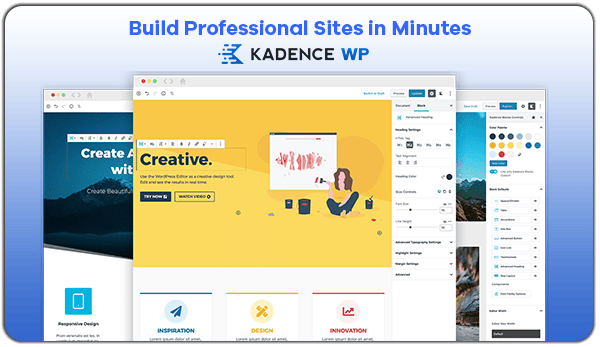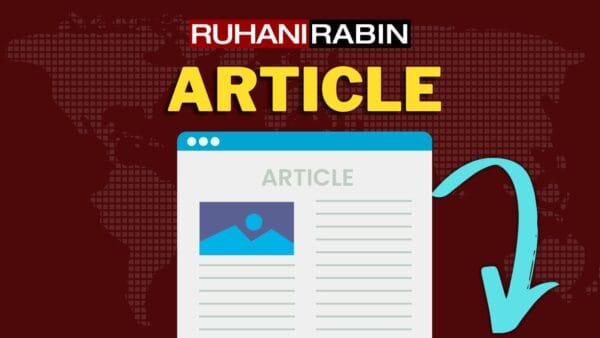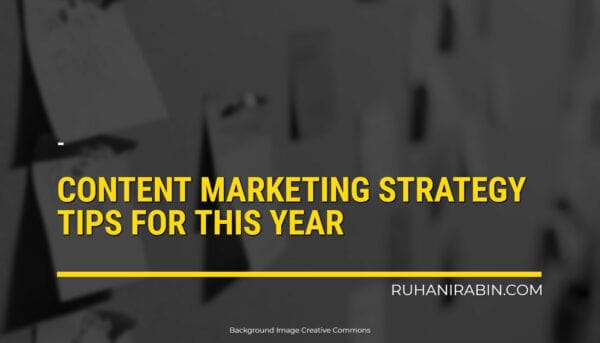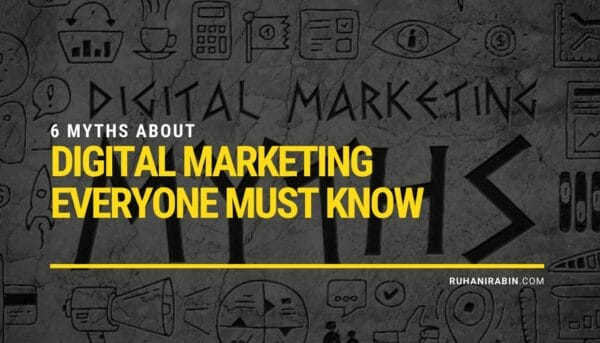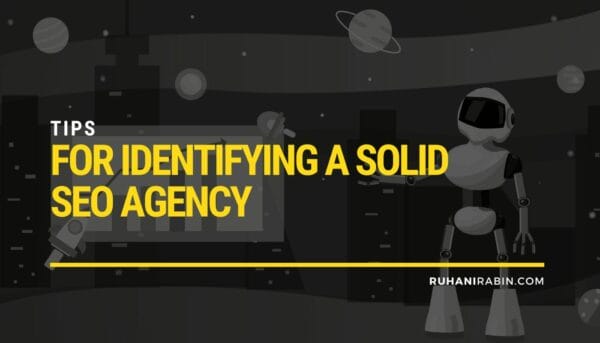The Enormous Power of AI and Chatbots for Your Business in 2019
The bots are here and they here to stay. See, despite the chatbot phenomenon has gained ground only a few years ago, it has since become a full-on revolution worthy of the attention. In fact, by 2024, the bot market size is expected to exceed $1.34 billion. And as you ponder on that, it is also important to note that in 2019, at least 40% of large business ventures will implement the use of chatbots.
Let’s take a look at some AI applications in business in 2019 and beyond.
Table of Contents
- Chatbots and AI in Customer Service
- In the Automation of FAQs
- As the Internal Help Desk
- In Offering Confident Responses
- AI in Online Marketing and E-commerce
- AI Online Chat in Tourism and Hospitality
- Artificial Intelligence in Financial Services and Banking
- AI in Human Resource Management and Hiring
- AI in Voice and IOT
- Final Thoughts on AI for Business
Get the Best Updates on SaaS, Tech, and AI
Chatbots and AI in Customer Service
Presently, bots have already delivered impressive results in customer service. Many businesses have rolled out chatbots to help them in distributing useful information and engaging the customers. For instance, Starbucks uses a system that allows customers to easily and quickly place orders using voice commands. The good chatbot will tell you the total price of your order plus when it will be ready.
Another noteworthy customer service company that uses bots is Lyft. Customers of the service can use online chat (Slack or Facebook) or AI voice chat (Amazon) to request for rides on the service. Lyft’s messenger bot offers the customer vital details. It shows the car model, a photo of the license plate, and the location of the driver.
Here are some practical ways you can use bots in your customer service business:
In the Automation of FAQs
Ask anyone if they read the FAQ section of a website, and you will probably get a hard and repetitive “no.” Rather than customers reading the questions, they would opt to email the company their queries. By leveraging chatbots and artificial intelligence, businesses can use appropriate documents to respond to any relevant questions.
As the Internal Help Desk
When an external customer service agent does not have an answer to a customer’s query, logically they would refer to the internal desk. And more often than not, this desk has to respond to the same questions over and over again. By using bots, internal customer service agents will not have to respond to common concerns.
In Offering Confident Responses
Interactive bots can ascribe a confidence score to their response. And if the score is below the threshold you had set, the bot will automatically contact a live agent and come back with a more satisfactory answer. In turn, the bot through Machine Learning can respond to similar queries in the future.
AI in Online Marketing and E-commerce
Some players in e-commerce have already started leveraging AI, and by the end of 2019, we can expect mainstream acceptance of the same. E-commerce companies such as Sephora, Asos, Sun’s Soccer, 1-800-Flowers, and Nitro Café are some of the companies that are already bringing in dollars in profit by deploying bots.
So, how can e-commerce stores and marketers use bots? For one, they can be used in customer support. Personalization is the key to every marketing strategy. And so far, bots have proven to be quite useful in providing personalized responses as compared to email or social media. People can express themselves much more freely when talking to chatbots. Therefore, to connect more with your customers, you can use a bot to interact with them and build or improve brand loyalty.
Another way e-commerce players are using artificial intelligence is in building interactive sales funnels. Marketers can use AI to group their customers and sell their products or services. A bot offers an opportunity to be dynamic and engaging. If a customer declines to try your service or product, the program can analyze the possible reasons to avoid the cases in the future.
You can also substitute emails with AI. By using a messenger chatbot, you significantly increase your click-through rates as compared to email. Most online marketers are already using chatbots to get information about visitors on their site as pop-up messages.
Some other benefits of using artificial intelligence in e-commerce include recouping abandoned carts, upselling after purchases, generating leads, providing useful AI algorithms for product recommendations, and boosting customer retention.
“83% of people who shop online need support, 56% prefer to get a text message, and 38% of people consider chatbots are even more useful. It is, therefore, good business to invest in a bot as an online entrepreneur,” – noted Andrew Ortiz, marketing specialist at Skillroads.
AI Online Chat in Tourism and Hospitality
Chatbots are already among the top technology trends in tourism and hospitality businesses. And in 2019, there are expected to be adopted on a wider scale. Bots are helping companies in this sector to reduce costs while also providing an excellent user experience. So far, bots have helped tourism and hospitality companies increase customer satisfaction. Some of the firms that have already witnessed the good results of using AI applications include Marriot, Snap Travel, KLM, Waylo, and Wynn.
You can use a bot in your business for different reasons. For instance, you can use it to engage customers before, throughout, and after the trip. Bots can send prospective and existing customers links to personalized content on hotels, destination sites, top restaurants, and so forth. Once a customer has booked a room, for example, a bot can come in to help them check in, request service, suggest activities, order meals from the restaurant, and more. Upon checking out, a bot can assist in collecting feedback and comments from customers.
Bots can also help in personalizing the customer experience. By doing this, they eliminate competition based on pricing. Customers often consider factors such as location and brand along with the price when choosing hotels. A bot can thus assist you to send out personalized packages to your customers and appeal to them. They help you put together all activities that interest the target audience and market the package to them specifically.
Chatbots and artificial intelligence can also be used in anticipating customers. By using predictive analysis, a hotel owner can identify future patterns and send out targeted campaigns to customers. For example, in 2014, Roof Inn used flight and weather data to predict the customers that were likely to face cancellations of their flights. In turn, they were able to send out campaigns on mobile devices to customers in locations that were likely to experience harsh weather. So what can we take from this? Bots can help in anticipating problems and addressing them way before they happen.
Artificial Intelligence in Financial Services and Banking
Financial tech companies such as Fintech are already causing waves in the industry by introducing bots. By 2020, it is expected that 85% of customers will use Fintech Chatbots to manage their bank transactions. Currently, some big banks are already using bots. These include Visa, MasterCard, Chase, American Express, Capital One, PayPal, Barclays, Ally Bank, and Bank of America.
So, how are financial companies using bots? First, Chatbots and AI are helping in smart messaging whereby they warn customers about dangers or other issues affecting their accounts. Second, they can also give you personalized tips on things you can do with your finances. Moreover, they can help you know how you are using your funds, how you are repaying your loans, and how you can save more money. And not to forget, bots are offering customers around-the-clock support and useful insight that improves customer experience.
It is important to note that, bots are expected to save financial institutions over $8 billion per year by 2022.
AI in Human Resource Management and Hiring
One of the big beneficiaries of AI has to be HR and recruiting. Bots have become integral in virtually all aspects of the employee lifecycle from sourcing, to screening, to interviewing, and finally to hire.
Employers are also using bots to boost customer engagement. These systems act as a bridge that connects employees to the existing job systems thus giving them better experience at the workplace. Maya is one of the companies that is automating all the stages of recruitment. SAP, Wade & Wendy, Loka, and SGT STAR are some other firms that are also using bots.
AI in Voice and IOT
Voice-powered assistants are increasingly becoming popular. Alexa, by Amazon, is one of the pioneer voice assistants and accounts for up to 70 percent of the market share. Come 2020; it is projected at least 128 million smart speakers will have been sold.
Final Thoughts on AI for Business
As an entrepreneur, AI is a tech trend to watch out for if you are keen on staying relevant, growing your business, and making a profit. Chatbots are cost-effective, time-saving, and most importantly give your customers a personal touch.
Some of the link on this post may have affiliate links attached. Read the FTC Disclaimer.

